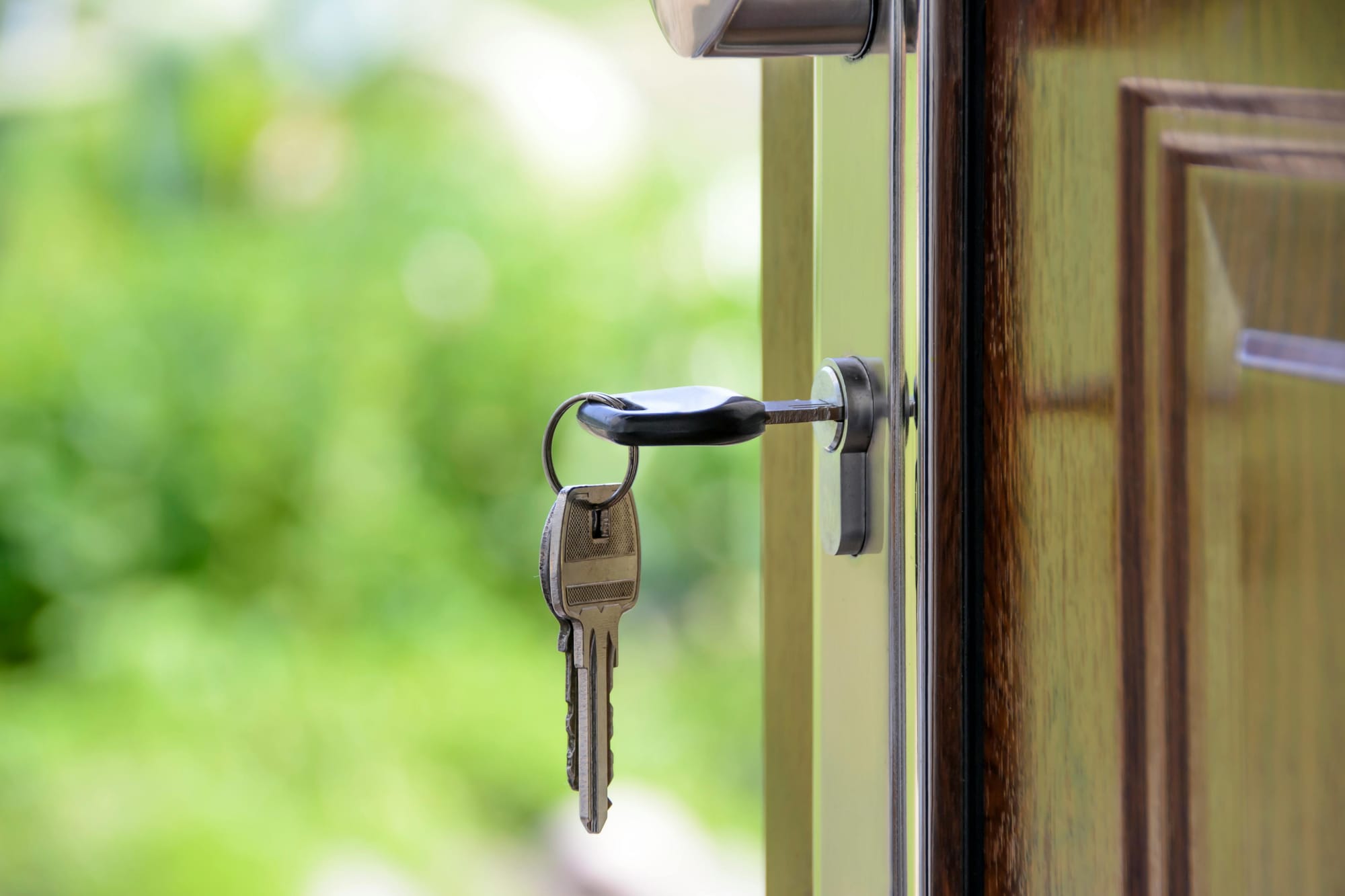Imagine yourr dream home becomes a financial nightmare, where "the cost of being house poor" is not just a phrase but your reality. Walls meant to ring with laughter now echo the stress of next month's mortgage.
Today, let’s explore what it means to be house-poor, the hidden shackles it entails, and how to break free without falling into the cliché pitfalls of financial advice.
Get A Free Mortgage QuoteThe Hidden Costs of Being House Poor
Think of your home as a giant piggy bank—if it consumes more than 30% of your income, you might be setting yourself up for a financial tumble.
Being house-poor isn’t just about high mortgage payments; it includes a trail of hidden costs that can ambush your wallet. Let’s see what these costs entail and how they shape your financial health:
1. Mortgage Payments vs. Income
Financial experts suggest your monthly mortgage shouldn't exceed 30% of your take-home pay. Crossing this threshold? You're skating on thin financial ice.
If you're dedicating more than this to keep a roof over your head, it’s time to ask yourself: Is my dream home becoming a financial sinkhole?
2. Unforeseen Expenses
Not the in-laws, but sudden repairs! A leaky roof or a broken heater can demand cash you haven't counted on spending. A whopping 60% of Americans are caught off-guard by household emergencies, which can derail budgets and add to house-poor stress.
3. Lifestyle Sacrifices
When a big chunk of your budget is tied up in your home, say goodbye to dinners out, weekend getaways, and maybe even that gym membership. It's not just about tightening the belt; it's about redefining necessities and luxuries in your daily life.
Psychological Impact of Financial Strain
Becoming house-poor isn't just a strain on your wallet—it can also wear down your mental and emotional well-being.
From sleepless nights to constant worry, the burden of financial uncertainty casts a long shadow. Let’s see how deep this shadow can stretch across our lives:
1. Stress and Health
Ever felt a headache coming on just thinking about your finances? You're not alone. Studies show that nearly 30% of adults with financial struggles report poor health, compared to just 12% of those with stable finances.
The cost of being house-poor can be more than monetary; it’s often paid with our health. So, next time you feel that stress tightening your chest, remember, it’s not just your imagination—it’s a real health risk.
2. Family Dynamics
When money talks, It doesn’t just talk; sometimes, it screams. Financial strain can turn discussions into disputes and quiet evenings into battlegrounds.
Ever noticed how money woes can make the dinner table silent or explode with tension? That’s the power of financial stress, testing the bonds that hold families together.
From Financial Fears to Fiscal Freedom: Personal Stories
The cost of being house-poor isn't just a collection of statistics; it's written in the real stories of people like you and me.
These tales reflect the struggles and resilience required to navigate financial turbulence. Here’s how different decisions led to varied outcomes:
⮚ Struggle and Recovery
Meet Clara, whose dream home nearly drowned her finances. By consulting a financial advisor and tweaking her spending habits, she managed to refinance her mortgage and gradually reclaim her financial footing.
Clara’s story is a testament to the fact that with the proper guidance, recovery is more than just a possibility—it’s a reality.
Then there’s Jeff, who ignored the creeping signs of financial distress. Without action, his mounting debts led to foreclosure—a stark reminder of what happens when warnings go unheeded. Jeff’s journey serves as a sobering reminder of the long-term consequences of inaction.
Expert Insights: Breaking the Cycle
Escaping the financial quicksand of being house-poor is daunting but not impossible. Armed with expert advice and strategies, anyone can return to solid ground. Here’s how smart financial planning and potential loan adjustments can be game-changers.
Financial Planning Tips
Master your finances with these expert-approved tips: budget wisely, tackle debt strategically, and build a robust emergency fund to avoid the pitfalls of being house-poor.
1. Budget with Precision
Know where every dollar goes. Experts recommend using the 50/30/20 rule—50% on necessities, 30% on wants, and 20% on savings and debt repayment.
2. Target Debt
Prioritizing high-interest debts is a method known as the avalanche technique. Reducing these debts quickly decreases overall interest paid over time.
3. Emergency Savings
Aim to build at least three months' living expenses in an emergency fund. It’s your financial safety net to prevent falling back into the house-poor trap.
Loan Modification and Refinancing Options
Is your monthly payment causing stress? Loan modification programs can revise your loan terms, helping to lower your costs and make them more affordable.
Refinancing might also be wise if you can secure a lower interest rate, which would reduce your monthly payments and overall loan cost.
Get A Free Mortgage QuoteGovernment and Community Support Programs
Navigating financial turbulence? You're not alone. Federal and local programs are designed to throw you a lifeline when the cost of being house-poor threatens to pull you under:
1. Federal Assistance - A Helping Hand from Uncle Sam
Programs like the Home Affordable Refinance Program (HARP) and Federal Housing Administration (FHA) loans can relieve homeowners drowning in mortgage payments.
HARP, for instance, assists homeowners in refinancing their mortgages, potentially lowering monthly payments and providing much-needed financial relief.
2. Local Initiatives
Beyond federal help, local counseling services and community-based programs offer personalized support, financial education, and sometimes, emergency funding. These initiatives can be crucial lifelines, helping to stabilize your situation close to home.
Claiming Back Your Financial Freedom
Isn’t it a breath of fresh air when your finances are not suffocating you? That's the joy of escaping the clutches of being house-poor. This blog isn’t just about airing out the struggles; it’s a pathway marked with realistic signposts toward financial stability.
If you’ve felt trapped, consider this an invitation to reevaluate with tools that fit your budget. Remember, houses are meant to be homes, not financial burdens.
Ready to change your narrative? Contact LendGo today and enter a future where your wallet breathes as quickly as you do in your living room.







